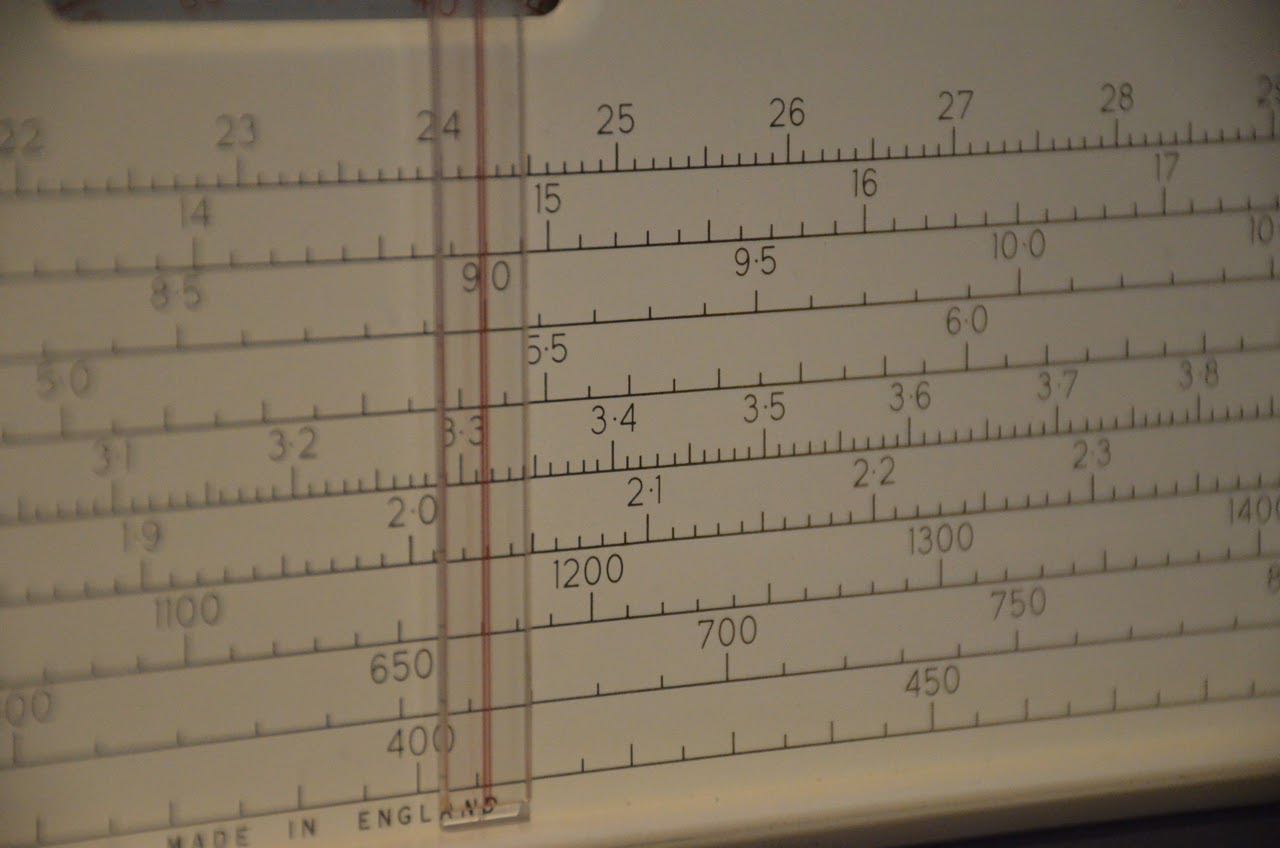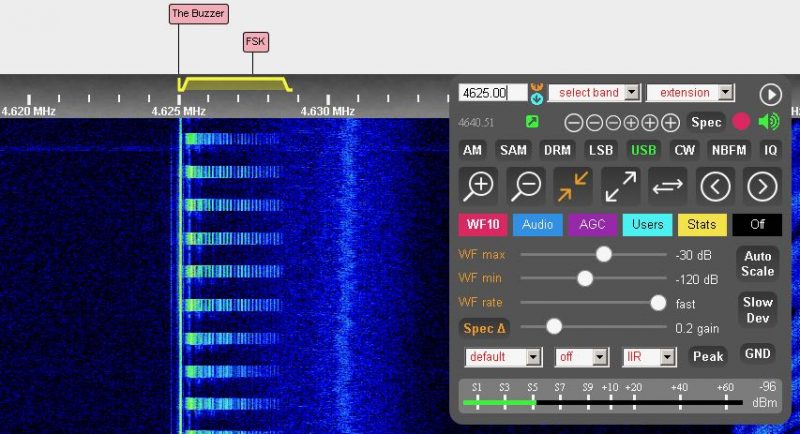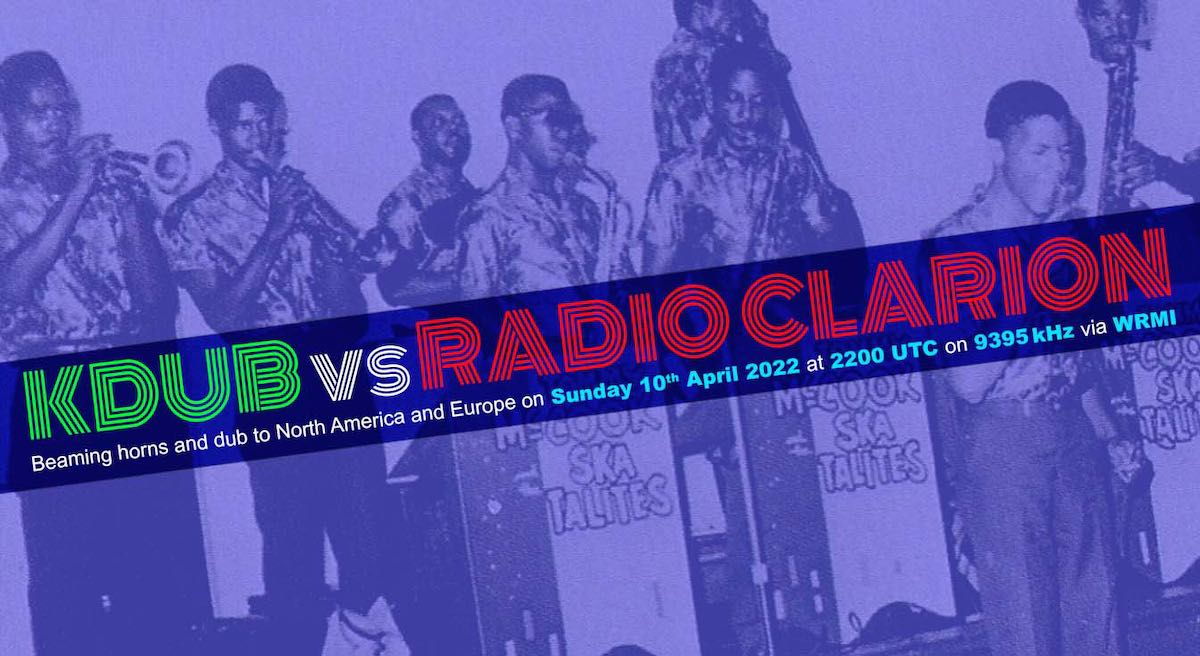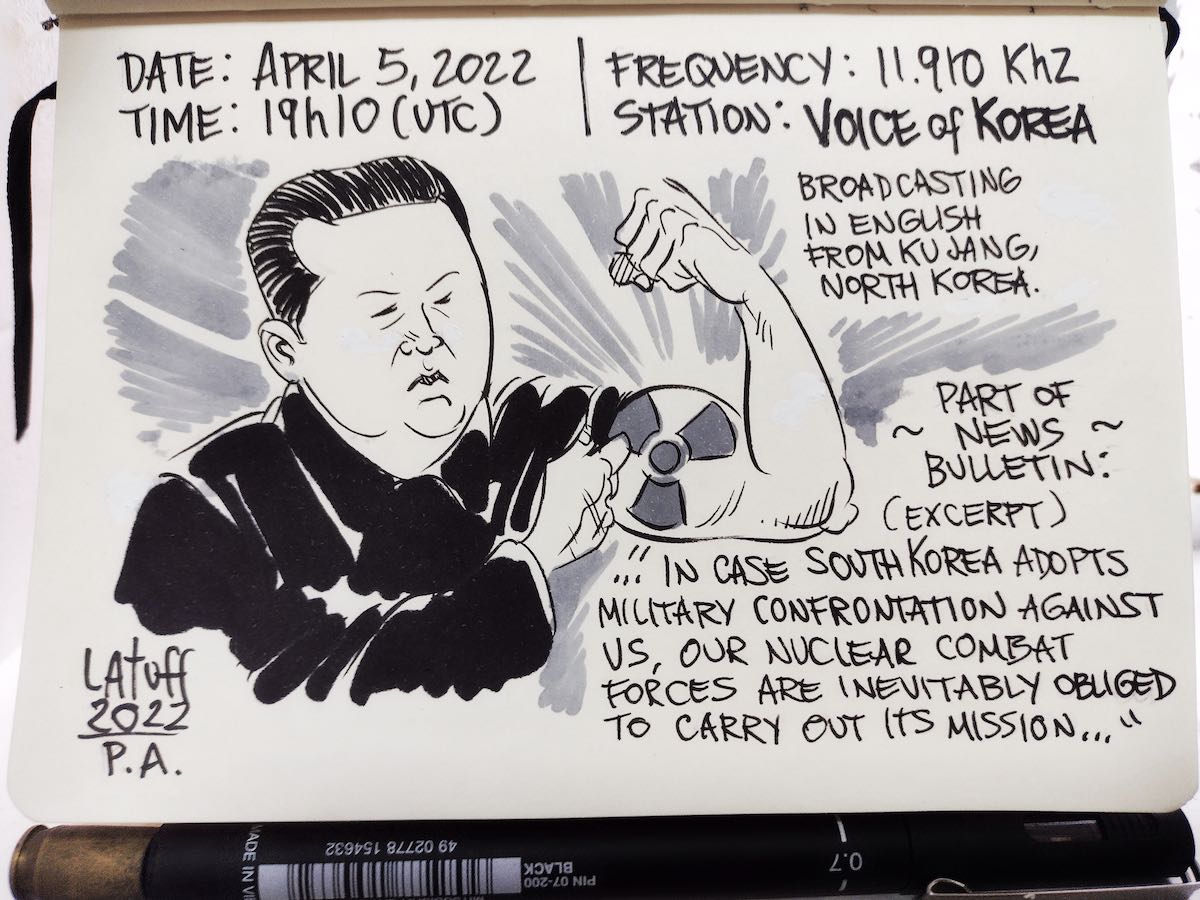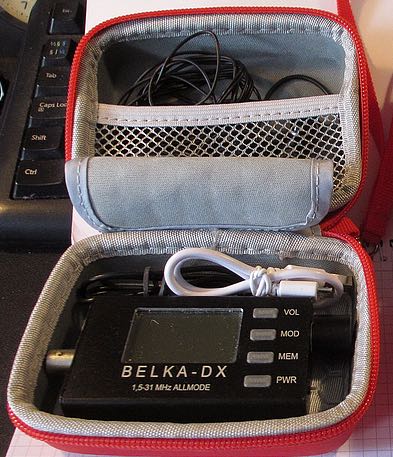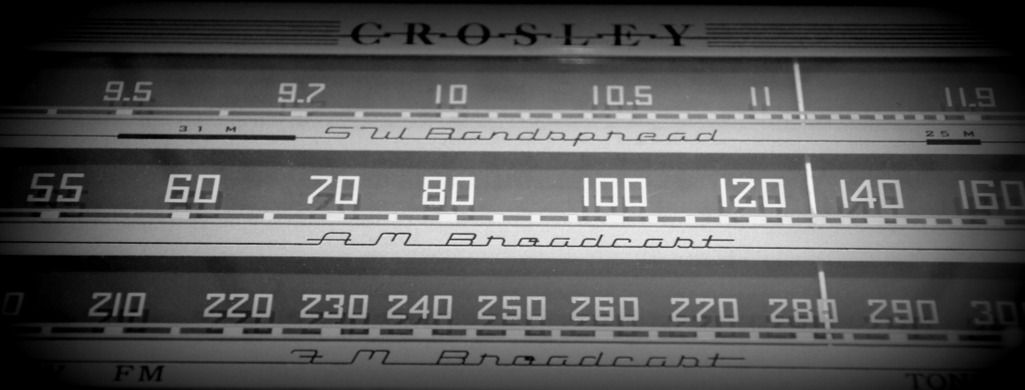
Radio Waves: Stories Making Waves in the World of Radio
Because I keep my ear to the waves, as well as receive many tips from others who do the same, I find myself privy to radio-related stories that might interest SWLing Post readers. To that end: Welcome to the SWLing Post’s Radio Waves, a collection of links to interesting stories making waves in the world of radio. Enjoy!
On. Oct. 30, 1938, America was rocked by shocking news: Aliens had been spotted crash-landing outside Grover’s Mill, N.J. Additional sightings were soon made across the Northeast, including reports of Martians unleashing poisonous gas on Manhattan and burning onlookers alive with ray guns. Periodically, the breathless news reports would be reduced to static.
Listeners reacted in real time; many of them flooded the streets wearing gas masks and wet towels over their faces. Stores were raided, bridges and expressways were inundated with traffic, and pregnant women reportedly went into early labor.
Of course, the alien invasion never actually happened. The news bulletins were part of a live Halloween program a young producer and a cast of talented actors were presenting over the radio. The producer was 23-year-old Orson Welles, and the name of the episode was “War of the Worlds.” The H.G. Wells-adapted story had been produced for radio as part of Welles’s regular Sunday night broadcast, “The Mercury Theater on the Air” — a program that had hitherto been largely ignored, as it was up against a wildly popular variety show starring comedians Edgar Bergen and Charlie McCarthy.
Only this Sunday was different, as millions of Americans who had tuned in to listen to Bergen and McCarthy changed their dials when the duo introduced a guest opera singer. “No one was in the mood for opera that night, and much of the country stumbled onto Welles’s broadcast by mistake, not knowing the news bulletins they heard were part of a radio drama,” explained Carl Amari, a syndicated radio host and the founder of Radio Spirits, a large distributor of classic radio programs. [Continue reading…]
As the U.S.-funded broadcaster is forced to shut most of its Russian operations, its Web traffic indicates that Russian people are eagerly consuming its stories
Radio Free Europe, the U.S.-funded operation that got its start by piping American-flavored news through the Iron Curtain in 1950, could see big trouble brewing for its Russian operation in recent years.
The Kremlin kept putting the screws to its Russian-language broadcasts, throwing up ever more regulatory hurdles. But it was in late 2020 that the hammer really came down. The “media regulator” demanded that every broadcast, digital story and video carry an intrusive disclaimer at the top stating that what followed was the product of a foreign agent.
“Basically, it was like telling our audience to go away,” said Jamie Fly, the CEO of Radio Free Europe/Radio Liberty, as the organization has been known since a 1976 merger.
That labeling would interfere with the private nonprofit’s mission at a core level. So, Fly told me, “we refused to comply.” [Continue reading…note that this content might be behind a paywall for some readers.]
PRAGUE (AP) — This is Radio Ukraine calling.
A new Prague-based internet radio station has started to broadcast news, information and music tailored to the day-to-day concerns of some 300,000 Ukrainian refugees who have arrived in the Czech Republic since Russia launched its military assault against Ukraine.
In a studio at the heart of the Czech capital, radio veterans work together with absolute beginners to provide the refugees with what they need to know to settle as smoothly as possible in a new country. Continue reading →


